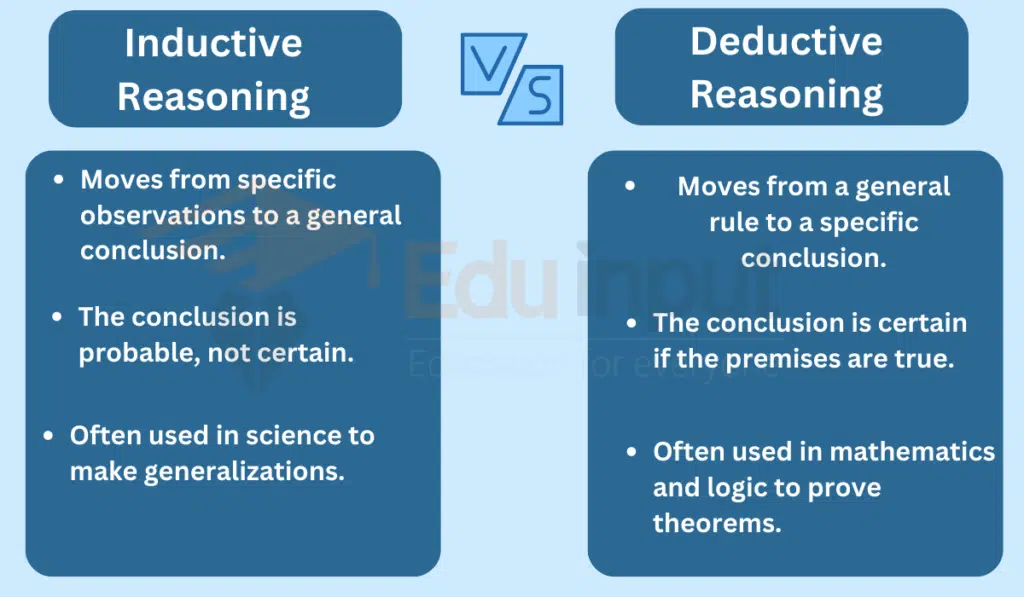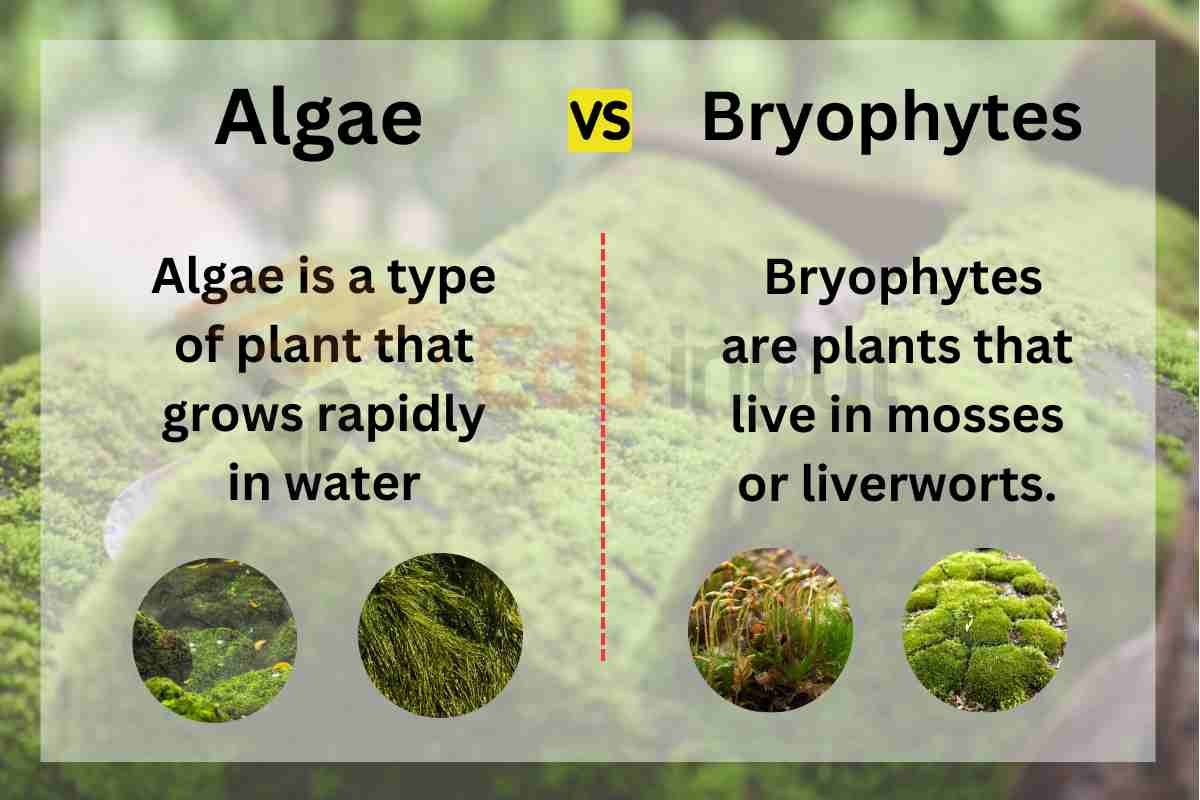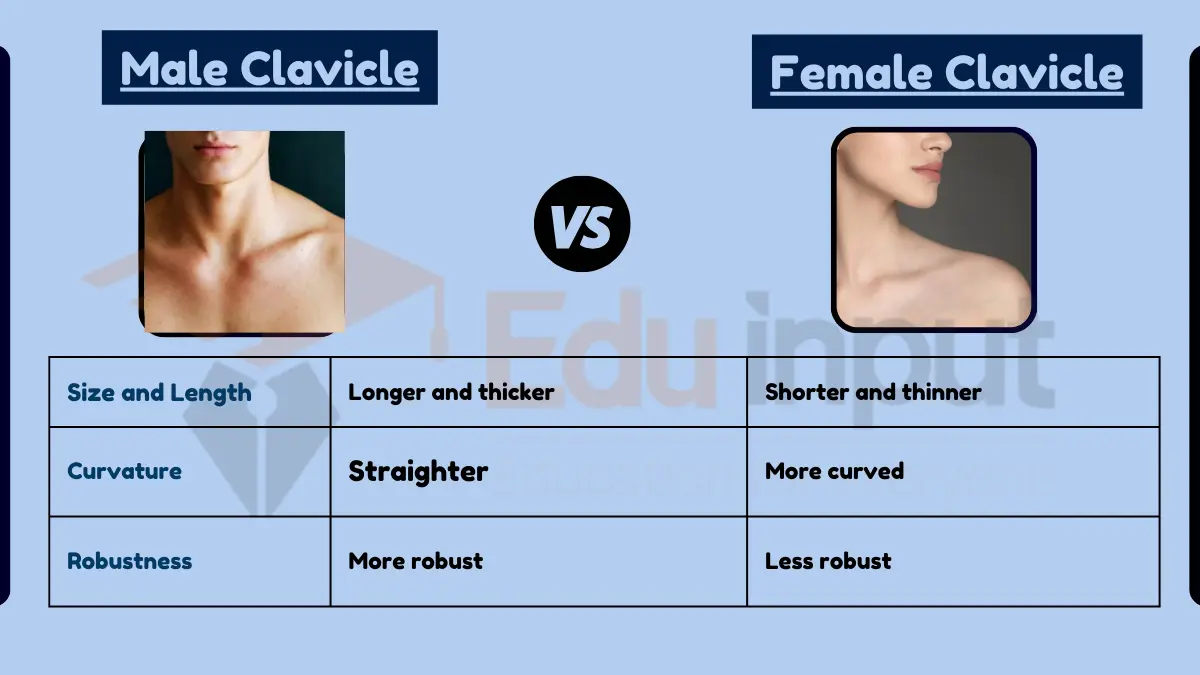Inductive vs Deductive Reasoning- What’s the Difference?
The main difference between inductive and deductive reasoning is the direction of the inference. Inductive reasoning moves from specific observations to a general conclusion, while deductive reasoning moves from a general rule to a specific conclusion.

Also learn Examples of Deductive Reasoning & Examples of Inductive Reasoning
Inductive vs Deductive Reasoning
Here are the main differences between Inductive And Deductive Reasoning:
| Inductive Reasoning | Deductive Reasoning |
|---|---|
| Moves from specific observations to a general conclusion. | Moves from a general rule to a specific conclusion. |
| The conclusion is probable, not certain. | The conclusion is certain if the premises are true. |
| Often used in science to make generalizations. | Often used in mathematics and logic to prove theorems. |
How to remember inductive vs deductive?
Here’s a simple way to remember the difference between inductive and deductive reasoning:
“IN-ductive goes from specific to general, like zooming OUT. DE-ductive goes from general to specific, like zooming DOWN.”
To break it down:
- Inductive: “IN” -> Think of “zooming out” from specific observations to a general conclusion.
- Deductive: “DE” -> Think of “zooming down” from a general rule to a specific conclusion.
“IN-ductive goes from specific to general, like zooming OUT. Example: You notice several swans, all white. You conclude: All swans might be white. (Specific observations -> General conclusion)
DE-ductive goes from general to specific, like zooming DOWN. Example: All mammals have fur. Dolphins are mammals. You conclude: Dolphins must have fur. (General rule -> Specific conclusion)”
Comparison of Examples of Inductive And Deductive Reasoning
Inductive Reasoning
- Premise: Every swan I have seen is white.
- Conclusion: Therefore, all swans are white.
This is an example of inductive reasoning because it moves from specific observations (all the swans I have seen are white) to a general conclusion (all swans are white).
The conclusion is probable, not certain, because it is possible that I have not seen all the swans in the world.
Deductive Reasoning
- Premise: All triangles have three sides.
- Premise: This shape has three sides.
- Conclusion: Therefore, this shape is a triangle.
This is an example of deductive reasoning because it moves from a general rule (all triangles have three sides) to a specific conclusion (this shape is a triangle).
The conclusion is certain because it follows logically from the premises.







Leave a Reply